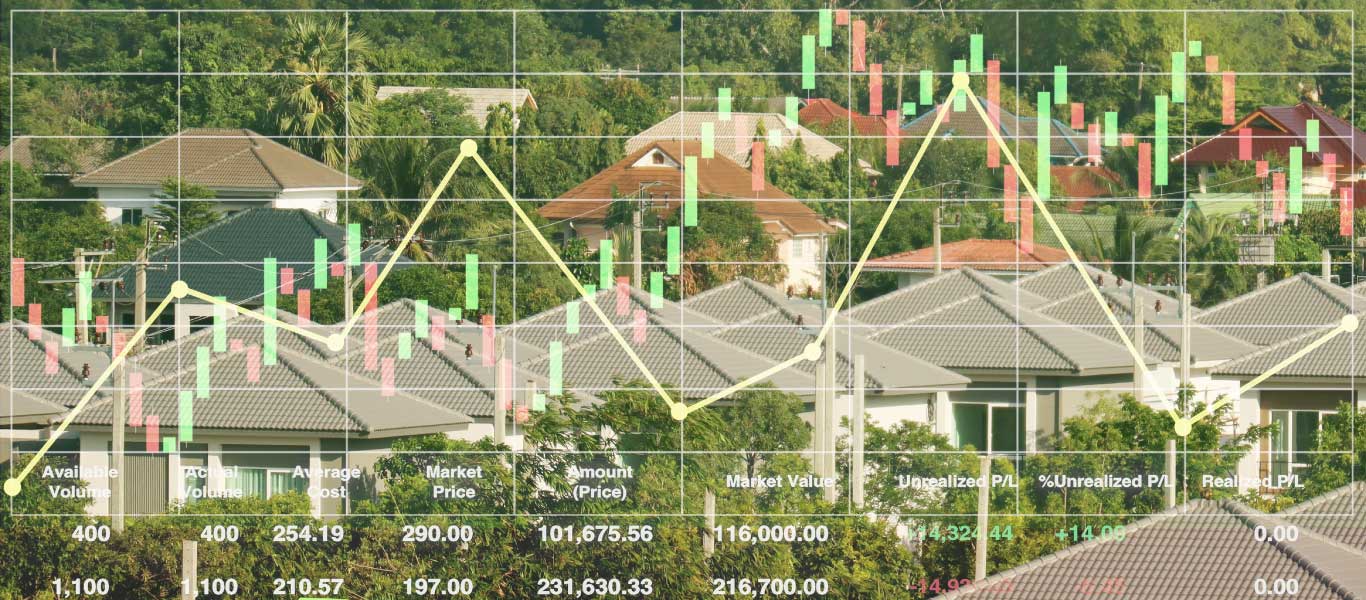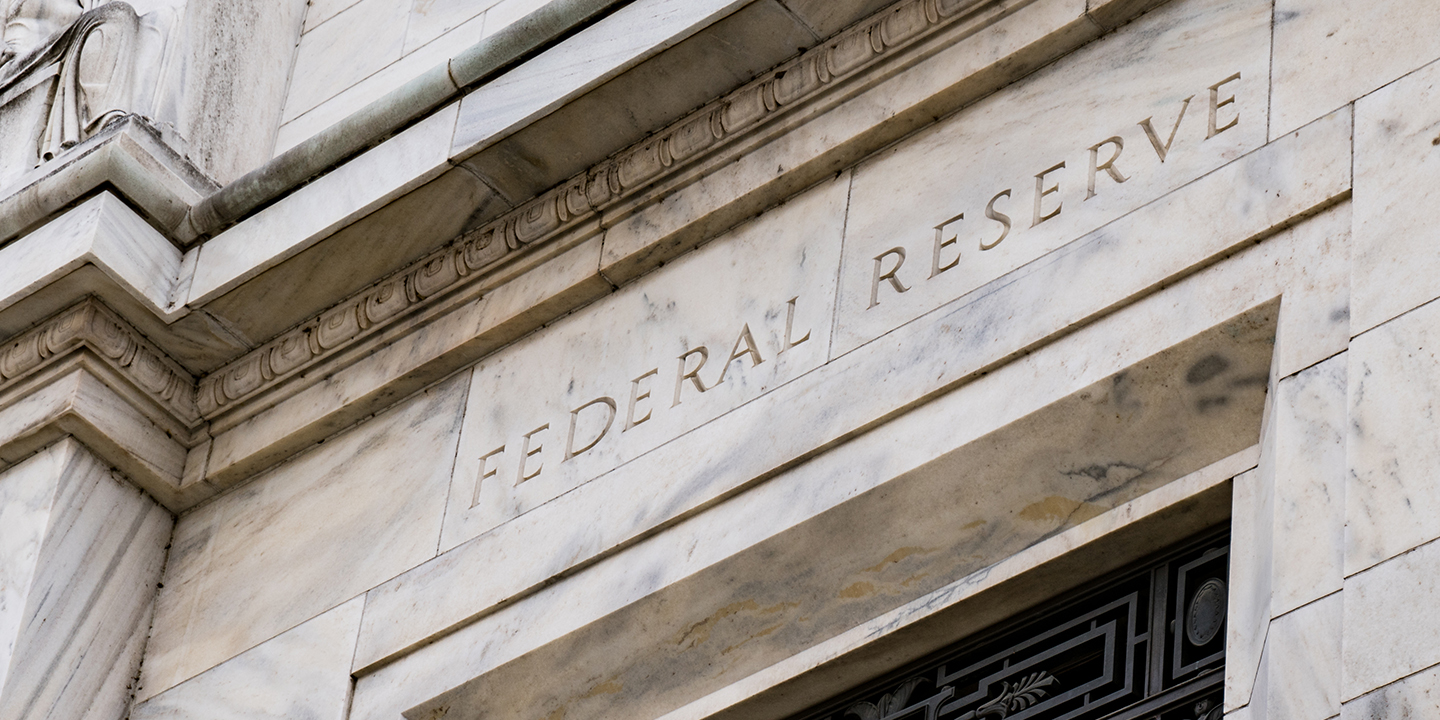Key Takeaways
- Inflation impacts property prices by increasing construction costs and reducing buyers’ real purchasing power.
- Higher material, labour and energy costs make new housing more expensive to build, limiting supply.
- First-time buyers are most affected, as inflation erodes savings while raising property prices and repayments.
- Existing homeowners may benefit from higher property values but face higher loan servicing costs.
- Long-term affordability depends on easing inflation and increasing housing supply.
Why Inflation Matters for Property Prices
Inflation plays a significant role in shaping property prices and housing affordability. While property is often viewed as a hedge against inflation, rising inflation reduces the real value of money over time, making it harder for individuals and families to save for a deposit.
At the same time, inflation places upward pressure on the cost of housing, particularly through higher construction expenses. These dynamics combine to influence both the demand for and supply of property in Australia.
How Inflation Increases Construction and Housing Costs
One of the most direct ways inflation affects property prices is through construction costs.
Rising prices for materials, labour and energy have increased the cost of building new homes. The construction sector is particularly exposed to inflation, as many of its inputs are domestic and non-tradeable, meaning cost pressures tend to persist even if global inflation eases.
As building becomes more expensive, fewer new homes are constructed. This reduces housing supply and places additional pressure on prices, especially in areas where demand remains strong.
Learn more about property investment strategies in our article Investing in Shares vs Direct Property.
What Inflation Means for First-Time Buyers and Renters
First-time buyers face some of the greatest challenges during periods of higher inflation.
Inflation erodes the real value of savings, making it harder to accumulate a deposit. At the same time, rising property prices increase the amount required to enter the market. This creates a compounding effect, where buyers must save more while their purchasing power declines.
For many households, this results in extended periods in the rental market, where inflationary pressures can also contribute to rising rents.
The Double Impact: Higher Prices and Higher Repayments
Inflation is often accompanied by rising interest rates as policymakers seek to control price growth.
This creates a double impact on housing affordability:
- Property prices may rise due to constrained supply, and
- Mortgage repayments increase as interest rates move higher.
Even where property values increase, higher interest rates can significantly raise loan servicing costs, reducing affordability for both new buyers and existing homeowners.
The Long-Term Outlook for Housing Affordability
Improving housing affordability requires more than easing inflation alone.
Long-term improvements depend on stabilising inflation, moderating construction costs and increasing the supply of housing. Without structural improvements to housing availability, affordability pressures are likely to persist, particularly for first-time buyers.
Thinking about how inflation could affect your property plans or broader investment strategy?
Find a local adviser via our Find a Branch page or Contact Us to discuss your property plans.
Contact Ken Howard
If you have any questions about your financial plan or investment strategy, please call 07-3334 4856 or email [email protected].
FAQs
Does Inflation Always Increase Property Prices?
Not necessarily. While inflation can push prices higher through increased construction costs, it also reduces purchasing power and raises borrowing costs, which can limit demand.
Why Does Inflation Make Housing Less Affordable?
Inflation increases property prices, construction costs and mortgage repayments, while reducing the real value of savings, making it harder for buyers to enter the market.
How Does Inflation Affect First-Time Buyers Differently?
First-time buyers need to save a deposit while prices rise. Inflation erodes savings and increases required deposit sizes and repayments, creating significant barriers to entry.
Do Higher Property Prices Benefit Homeowners?
Higher property values may benefit existing homeowners, but higher interest rates can increase loan repayments and reduce overall affordability.
What Can Improve Housing Affordability Over Time?
Housing affordability improves when inflation stabilises and housing supply increases, supported by sustained construction and structural reforms.
[1] Insolvency in the construction sector is currently running at post GFC highs. https://asic.gov.au/regulatory-resources/find-a-document/statistics/insolvency-statistics/
[1] https://www.abs.gov.au/statistics/industry/industry-overview/australian-industry/latest-release











